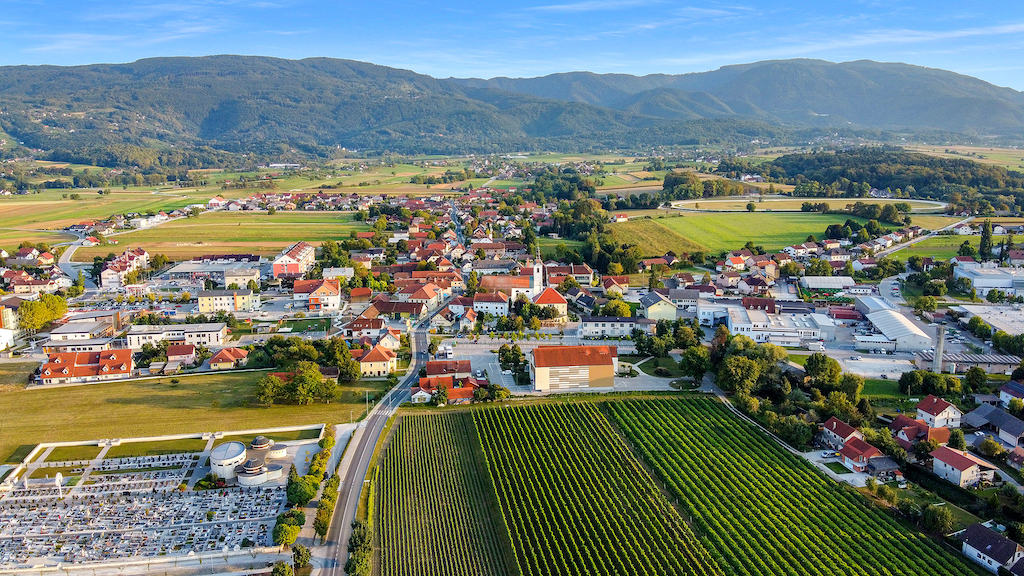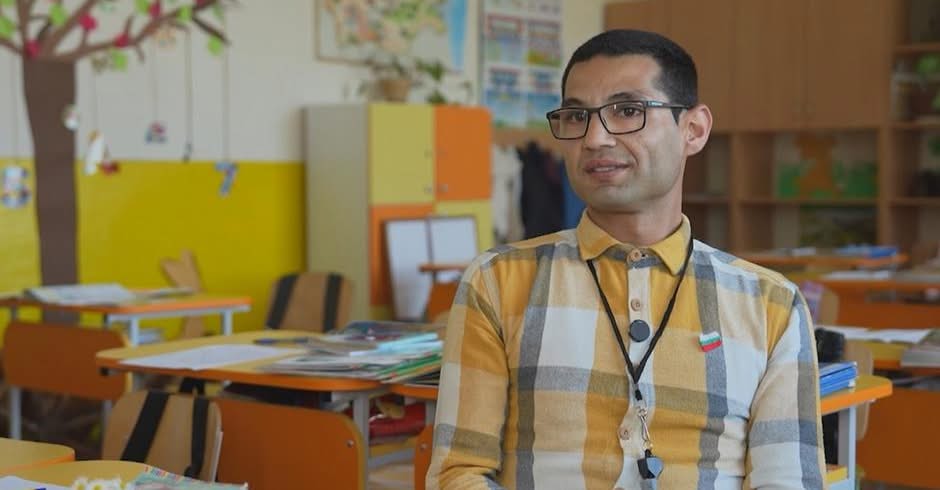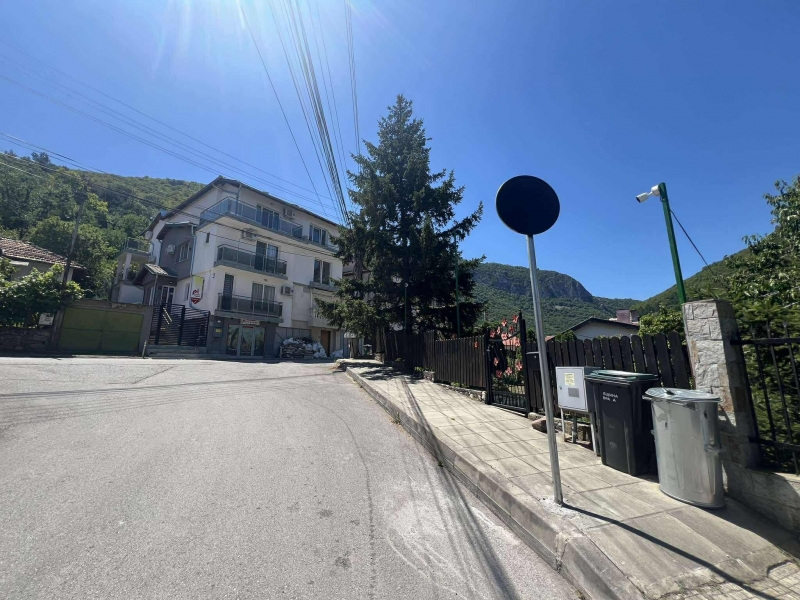The president of the Roma Association of Slovenia, Jožek Horvat – Muc, called for the abolition or restructuring of the working group months ago. “Roma issues should be addressed at a higher level, i.e. as a government commission, which should be led by one of the ministers. The area of resolving Roma issues should not be under the Ministry of the Interior or a repressive body. The current interdepartmental working group has no authority and no decision-making power. This means that it has no effect,” said Horvat.
Meanwhile, the Ministers of the Interior and Justice Boštjan Poklukar and Andreja Katič, State Prosecutor General Dr. Katarina Bergant, State Secretary in the Cabinet of the Prime Minister Jure Leben, Acting Director General of the Police Damjan Petrič, Acting Head of the Government Office for Nationalities Danica Polak Gruden met with representatives of the Municipality of Ribnica, led by Mayor Sam Pogorelc.
At the meeting, which took place in a constructive spirit, they discussed Roma issues, solutions for increasing security, respecting the law and promoting coexistence in the local environment.
Well, something is broken in Slovenia. See the other posts.



















